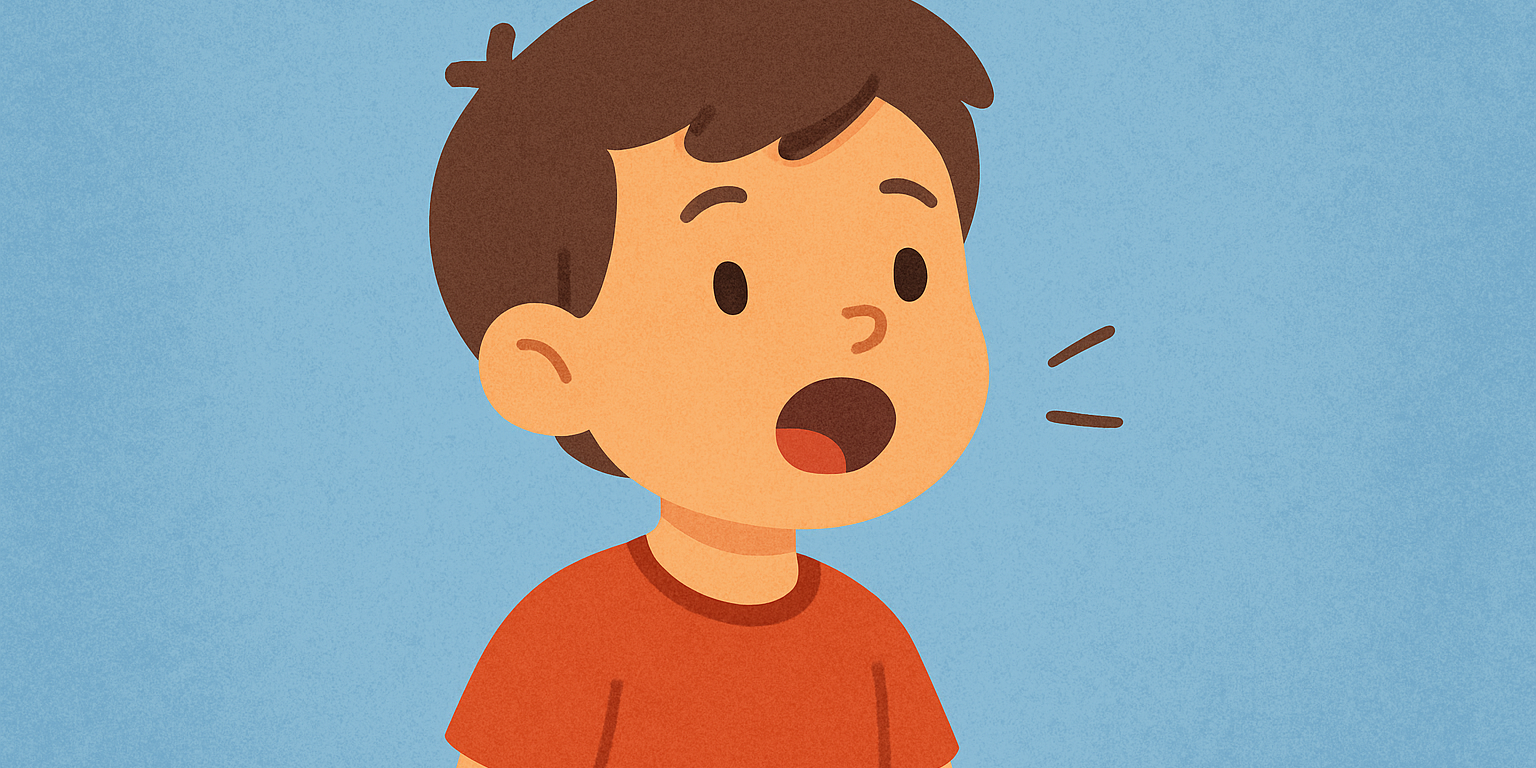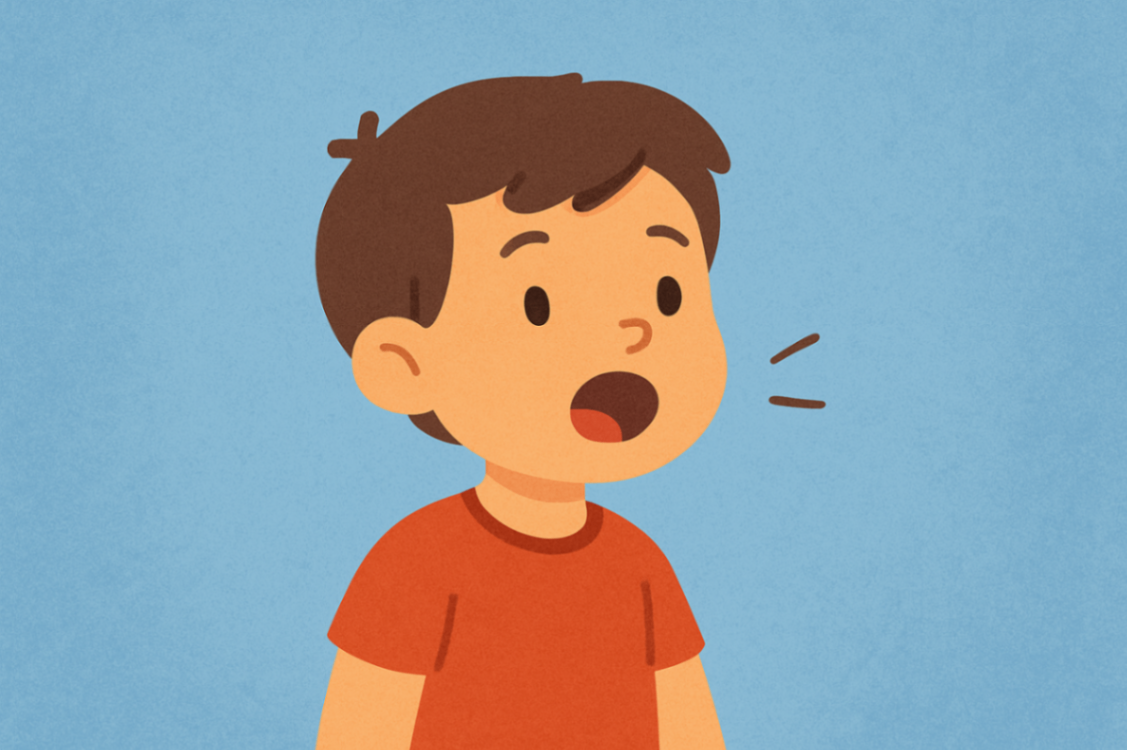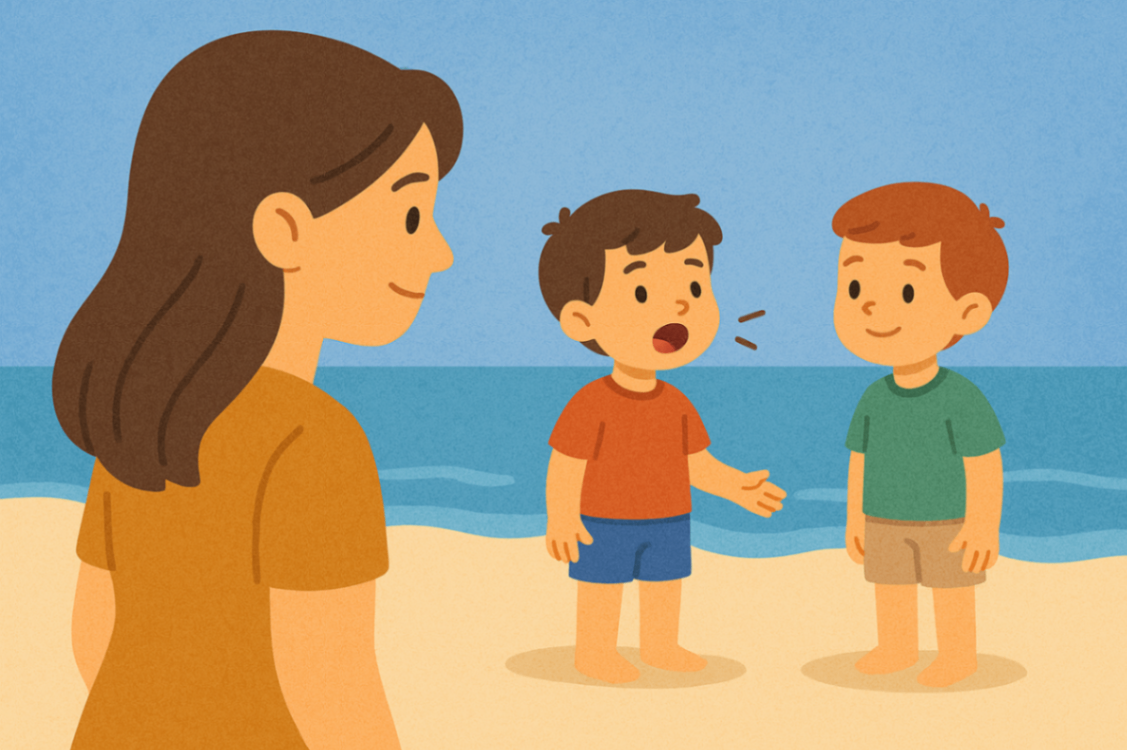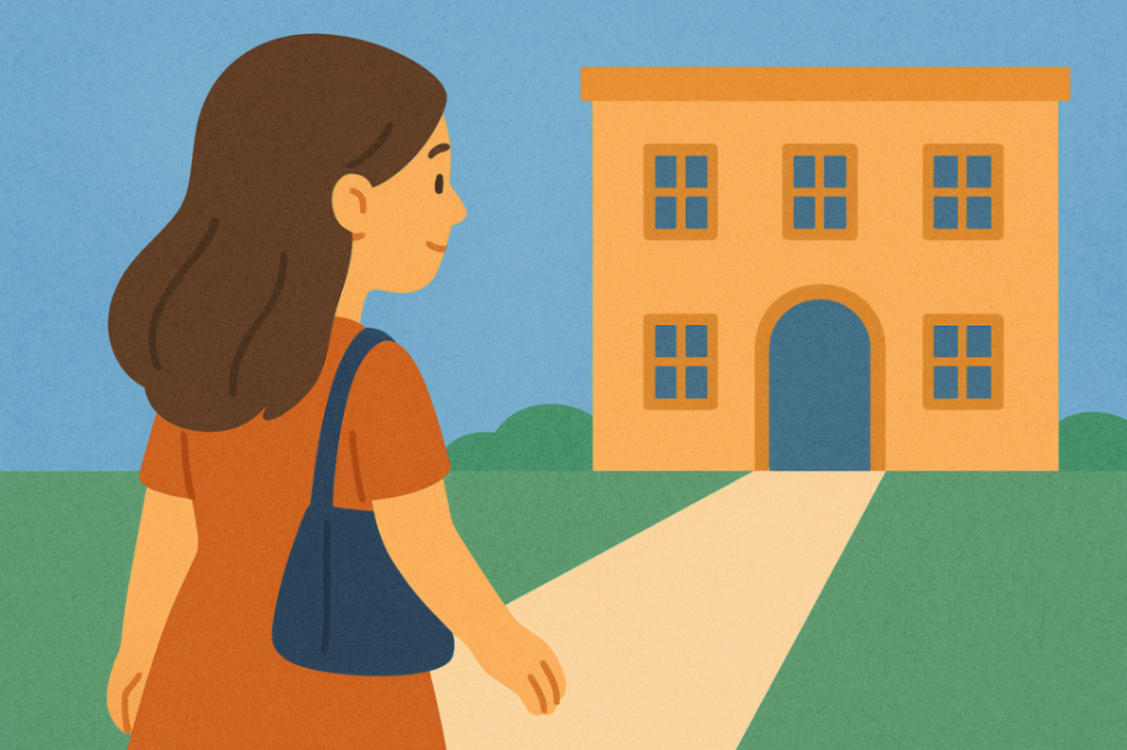
early signs your child needs speech therapy liverpool
28 July, 2025
Introduction
Communication is a big part of a child’s growth. Still, many kids have problems with speech and language. Parents and teachers need to notice these problems early. Getting speech therapy or language therapy when the child is young can make a big change. Early intervention will give kids the tools they need to build good communication skills. This also helps them feel more sure of themselves and helps them learn. In Liverpool, there are community speech pathology services that work closely with families and schools. These services ensure that each child gets the tailored help they need.
If you’re noticing some of these signs in your child, it may be time to explore NDIS speech therapy in Liverpool to get personalised support that addresses their communication needs both at home and in school.
Key Highlights
-
Speech therapy is vital for addressing speech, language, and voice disorders that impact your child’s communication skills.
-
Early intervention helps children overcome language development issues and achieve the best outcomes.
-
Key milestones in a child’s speech development differ by age and can indicate whether your child needs support.
-
Understanding the differences between speech and language issues is pivotal in identifying the right kind of help.
-
Liverpool community speech services collaborate with families, educators, and therapists to support children effectively.
-
Recognising early signs, such as limited vocabulary or social communication difficulties, establishes the foundation for targeted support.
Understanding Speech and Language Development in Children

Speech and language development usually move in a set path, but every child has their own speed for learning. Communication development starts soon after birth. At first, babies make sounds like babbling and cooing. Over time, these sounds turn into real words and full sentences. Knowing what patterns to look for helps parents spot problems early.
A child’s speech is about how they make the right sounds to talk. Their language is about how well they understand others and share their own ideas. Problems in any of these areas can make it hard for them to talk with people. It is helpful to know the difference, so you can find issues in your child’s speech or language development and get help when it is needed.
If you're exploring your options for funded support, our guide to NDIS speech therapy for children explains how families can access services under their plan.
Typical Milestones for Different Age Groups
Monitoring milestones in language development can help parents gauge their child’s progress. While ranges may vary, certain achievements are expected at specific ages:
|
Age Group |
Language and Communication Milestones |
|---|---|
|
0-12 months |
Reacts to sounds, starts babbling, and mimics simple sounds. Recognises familiar voices, particularly parents’. |
|
12-24 months |
Says first words, begins combining two-word phrases, identifies objects and people by name. Understands basic instructions. |
|
2-3 years |
Vocabulary expands rapidly, speaks in short sentences, and uses pronouns. Expresses simple needs and listens to short stories. |
|
4-5 years |
Forms complete sentences, engages in back-and-forth conversations, and understands time-related concepts. Speech is intelligible to most listeners. |
Differences Between Speech and Language Issues
Speech and language disorders are not the same, even though they are related. Speech issues happen when children have trouble making sounds. This can make it hard for other people to know what they are saying. Problems like cleft palate or childhood apraxia of speech are examples of speech challenges.
Language disorders are different. These are when kids cannot understand or share their ideas clearly. They may not make good sentences or follow what others are saying. Some kids with language disorders do not get what someone asks them to do or cannot keep up in a talk.
Voice disorders are about the way the vocal cords work. If a child has a voice disorder, their voice might sound hoarse or have a nasal sound. Speech therapists work to spot these problems and make a plan just for your child. It is important to know if your child’s problems are with speech, language, or voice. This helps you figure out what the next steps should be.
Early Warning Signs of Speech Delays

It is important to notice early signs of communication difficulties. This can help you take action at the right time.If your child is not reaching important communication milestones or shows early signs of language delay, they may benefit from child speech therapy Liverpool. Whether it’s articulation challenges or low vocabulary, recognising these signals early is key. A qualified speech pathologist can assess your child’s communication needs and guide you through the right interventions, including access to NDIS speech therapy services if eligible.
Some conditions, like childhood apraxia of speech or other speech problems, can affect how a child grows and learns. If you see these warning signs, it is good to act early. You can speak to a specialist or try ways that are known to help. Taking these steps can make sure your child gets the help and support they need.
Difficulty Pronouncing Certain Sounds
One of the most clear communication difficulties in children is not being able to say some sounds. Kids might leave out sounds or use the wrong ones, and this can make what they say tough to understand over time. For example:
-
Swapping out “r” with “w,” so “rabbit” sounds like “wabbit.”
-
Trouble saying hard sounds like “g,” “k,” or “t.”
-
Having a lisp or slurred speech for longer than usual for their age.
Some things, like a cleft palate or certain voice issues, can cause these speech problems. Speech therapy can help find out why a child is having trouble and show them how to say words the right way. If these communication difficulties are treated early, they are less likely to affect a child’s language confidence or how the child gets along with other people.
Limited Vocabulary for Age
A child gets more words in their vocabulary as they hear and use more language. So, if your child does not know many words, it can be a reason to look closer. If your child cannot name common things or tell you what they need, they may need language therapy. Watch for these signs:
-
Saying the same words over and over instead of learning new words.
-
Not following simple directions because they do not know enough words.
-
Getting upset or not wanting to talk with others.
Language therapy offers the right exercises for kids to help them get better at using words. When a child knows and uses more words, talking with family and in their educational settings gets easier. This also helps your child be ready for what comes next in school and life.
Red Flags in Social Communication
Social communication disorders are not always easy to spot at first. But they can really affect how a child connects with other people. If a child has trouble picking up on social cues, like the way people talk or their body language, this may show there is a problem.
Some children may struggle early in educational settings or during everyday chats. For example, they may not know when to talk or when to listen during a conversation. These signs can point to underlying communication disorders. When parents notice these things, they can get help for their child. Early action can lead to better communication skills. This will help children do well both in social groups and in school.
Trouble Making Eye Contact or Engaging in Conversation
Eye contact and talking with others are important parts of communication development. Many children who have communication disorders often do not look people in the eye or keep a conversation going. They might do this because they do not feel sure about their communication skills.
Building up face-to-face talks and using simple ways to talk at home can help them. For example, you can play games that need people to look at each other. You can also praise a child when they take good turns speaking in a conversation. These are good ways to start working on communication development.
Speech and language therapists, also called SLTs, follow steady ways to help with these problems. SLTs aim to help people improve their communication skills, build social confidence, and fill in other important needs in communication development for those who have communication disorders.
Difficulty Playing or Interacting with Peers
Some children have trouble talking to others or joining group activities. This often happens because they have trouble with how they talk or understand talking. They may find it hard to follow group rules or say how they feel. This can make it hard for them to take part with others.
Occupational therapists and language therapists often help with these issues. They might work together and try different ways to help a child, like teaching them to wait for their turn, share, or play different roles during playtime. It also helps when carers and family work with the child at home. This is good for keeping the support steady, both in and out of therapy.
If you do not help with a child’s communication problems early, the child can feel left out. With early intervention, the child gets support and learns important skills to join in with others. This helps the child feel more confident and build strong friendships. Early work with occupational therapists, language therapists, and carers makes a big difference for the child.
When to Seek a Professional Assessment in Liverpool

If you are worried about your child’s speech or language development, it is important to get help at the right time. At daar, our experienced team of certified speech pathologists works closely with Liverpool families to provide early, personalised care. We offer NDIS speech therapy services tailored to each child’s needs, whether the support is needed in-clinic or through mobile appointments across Liverpool, Casula, Moorebank, Prestons, and surrounding suburbs.
The Liverpool community team, alongside educational professionals, ensures that your child can access high-quality speech therapy Liverpool pathways. A qualified speech pathologist will conduct a comprehensive assessment, identify any areas of concern, and develop a therapy plan suited to your child’s developmental goals.
Ready to take the next step? Book your consultation now and let’s support your child’s communication journey together.
Conclusion
Noticing early signs of speech delays is vital. Whether you’re looking into child speech therapy Liverpool or want more information about speech pathology support, early action makes all the difference. Our team of experienced speech professionals is ready to help. Book a consultation today to discuss your child’s needs and get access to evidence-based care. Early intervention makes all the difference.
Frequently Asked Questions
What age should I be concerned about my child’s speech development?
By the time your child is two years old, they should have around 50 words. They should also start making short phrases. If your child has communication difficulties or is not reaching these milestones, speech therapists can help. They may suggest early intervention to support the child’s language development and communication skills.
Can speech therapy help with stuttering?
Yes. Speech therapy can help with stuttering. SLTs lead this process. They work to build good communication skills and teach ways to speak more smoothly. Groups like ASHA give support too. They make sure people with voice disorders, like stuttering, get great care plans.
How long does speech therapy usually take for children?
The time it takes for language therapy depends on each child and their needs. Private speech and language therapy usually needs a few sessions over weeks or even months. The main goal is to get the best outcomes for the child. To help the child keep getting better, it is important to have regular follow-ups with the language therapist.
Are speech therapy services covered in Australia?
Speech therapy and language therapy help people who need support with speaking and understanding. In Liverpool, you can get liverpool community speech and language therapy services, but you will need a referral from a designated referrer first. Coverage for these services depends on local funding, your eligibility, and if their team has finished a certificate of clinical competence. If you want speech therapy in liverpool, the first step is getting a referral.
How can I support my child’s speech at home?
Giving your child chances for good language development is very important. Take part in fun and interactive things with them. Practice taking turns when you talk. Show your child lots of ideas as you spend time together. Carers and educational settings can work together to help make your child’s communication skills better. Doing this in everyday life will help your child learn and grow.
.svg)

















